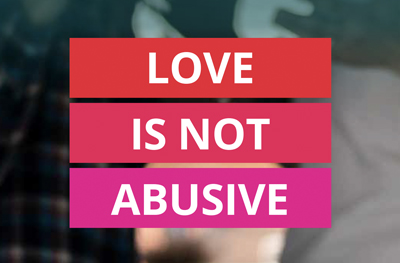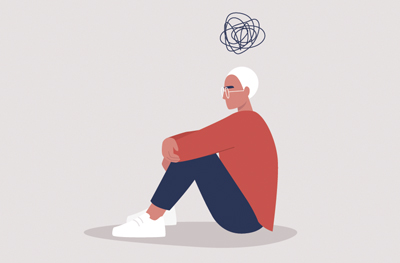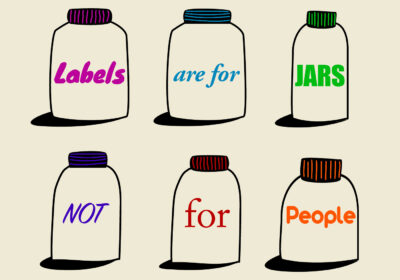One of the most insidious threats to self-care and self-preservation for anyone working in the fields of health or human services is the unchallenged and habit forming use of technology, our everyday devices. Learn how to say no to the tyranny of devices.
Perhaps the most notable of these is the smart phone. Once upon a time (yes, this is going to be something from the distant past), if you were expecting an urgent call you would let the people around you know so that it didn’t appear rude when you asked to be excused when the call came through. Or, if you were at dinner and someone answered the telephone and the call happened to be for you, unless of an urgent nature, it would not be allowed priority over your dinner engagement and you would give instruction for the caller to be told that you will call them back once your dinner was over or most likely the following day.
Taking the call
It is now commonplace to respond to phone calls, text messages and even emails in the middle of dinner, a staff meeting, a conference, training event, or even a personal conversation. Increasingly now, when couples dine out they spend the whole time (in-between shovelling in mouthfuls of food which they hardly even notice the taste of) texting or emailing on their phones and making no more eye contact with each other than with the service staff. Well, that is a whole topic for another time, as is the way social media has become such a social ‘necessity’ eating up many hours each day of people’s recreation and work time. But you’d be an exception to the rule if you said you haven’t noticed these things, or that you haven’t had at least a brush with the addictive power of gadget communication instantaneity.
When to say no to the tyranny of devices
Let’s assume you have cultivated some maturity in learning to say ‘no’ to unreasonable demands on your time, mental and emotional capacities in a variety of ways – which is an essential principle of self-care. What about when it comes to emails, text messages and mobile calls? The almost unquestioned and unregulated obligation associated with these communications has crept up on us and established itself in our lives often in direct violation of personal disciplines and choices formerly established to ensure self-care and to avoid overload.
When an email arrives how obligated do you feel to respond with greater haste than if a letter arrived by mail? When a call or text message arrives on your mobile phone, what priority of response do you give it? On a busy work day, you may be quite disciplined about not being interrupted, why is it then that you feel obliged to take a call on your mobile phone unless it is of considerable importance or urgency? Why indeed do you permit others to interrupt and intrude on your busy day without invitation?
With modern devices there are all kinds of ways of regulating the traffic of communications, so there is little excuse not to unless you choose not to. There isn’t space here to go into the psychological complexities of group inclusion behaviour, constructs of social obligation, addiction and reward mechanisms of the brain, obsessive-compulsive tendencies, or the persuasiveness of gadgets in shaping our reflexive and behavioural responses. Suffice to say, communication intrusions – and our collusive interaction with them, poses a major potential threat to the manageability of not just our daily work flow and routines, but that of our mental health and wellbeing.
This article is an excerpt from “Straight Talk About Self-care for Human Service Workers” which is available here.






